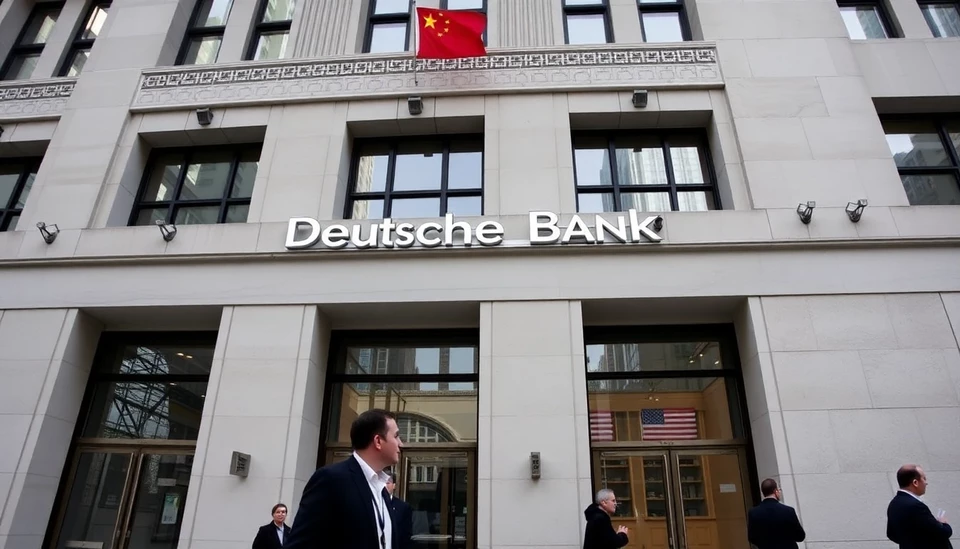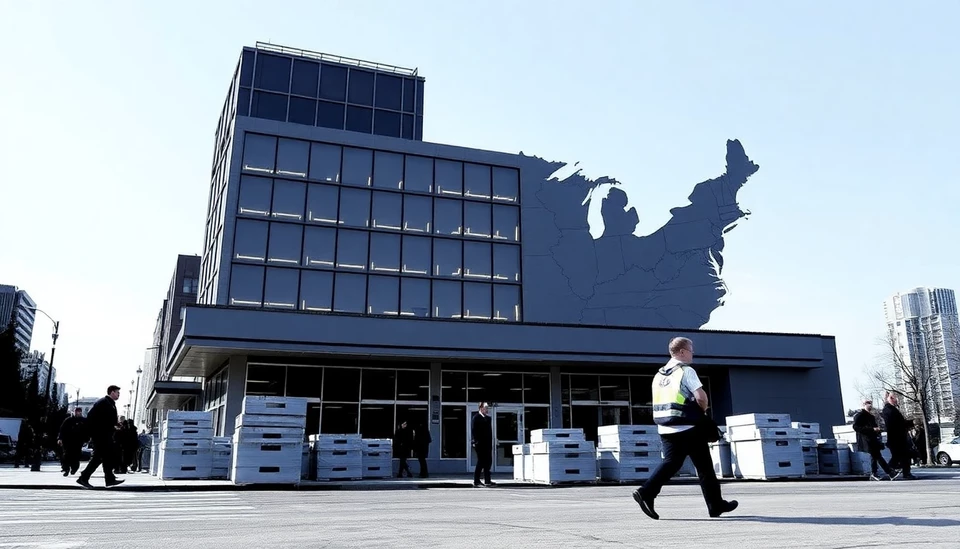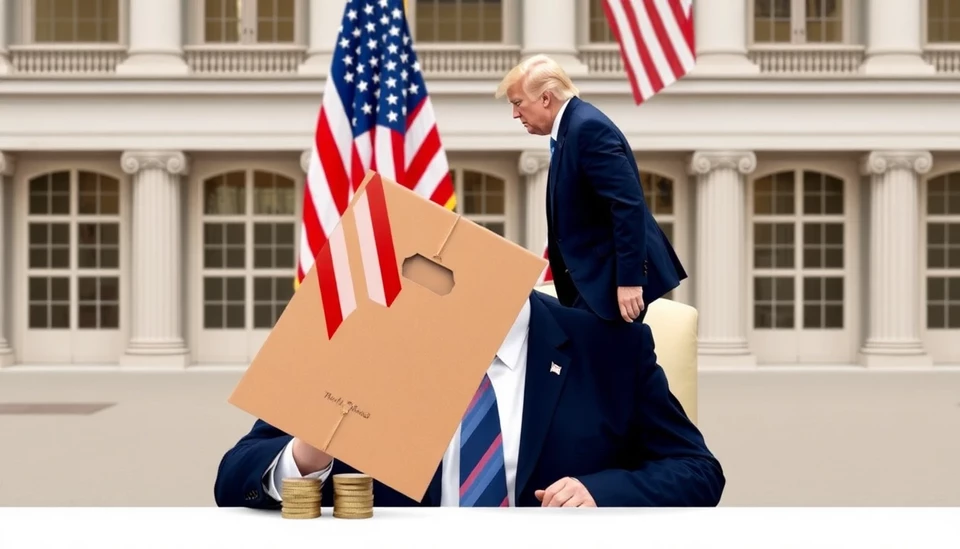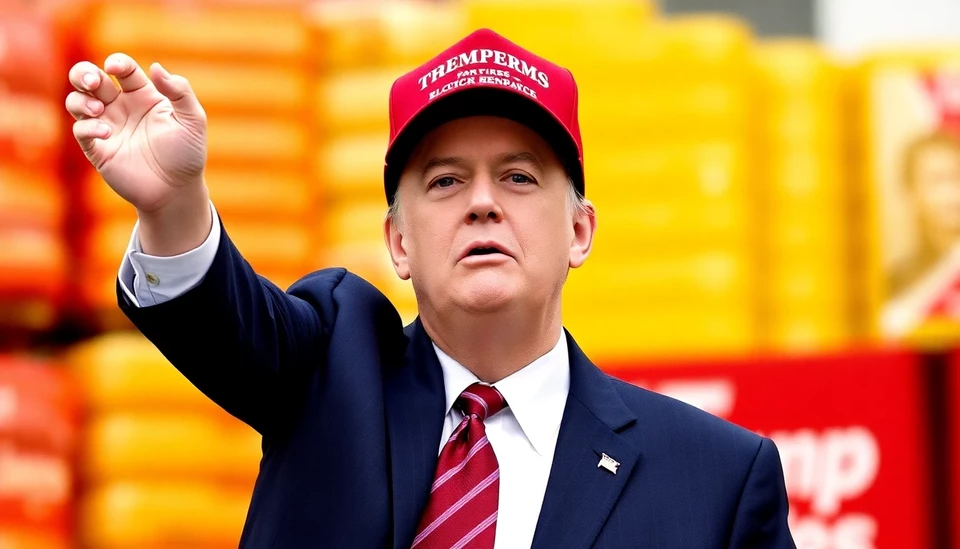
Recent analyses are revealing a notable shift in the narrative surrounding the U.S. economy, transitioning from a strong sense of exceptionalism to growing alarm over the potential for a recession. Once viewed as a robust economic powerhouse, the U.S. is now facing mounting concerns about its growth trajectory as economists and analysts grapple with a complex array of factors influencing the nation’s financial future.
This change in sentiment comes as indicators suggest a slowing down in economic activity, which has raised eyebrows among financial experts and the general public alike. Analysts have been observing key metrics such as GDP growth, consumer spending, and employment rates, all of which are showing signs of strain. These developments have led to an unsettling atmosphere among policymakers and business leaders who once believed that the U.S. economy was resilient enough to withstand external shocks.
Factors contributing to this increasingly pessimistic outlook include persistent inflation pressures, global supply chain disruptions, and ongoing geopolitical tensions that have far-reaching implications for trade and investment. Furthermore, the recent shifts in monetary policy aimed at curbing inflation have added another layer of uncertainty, as rising interest rates could potentially stifle consumer spending and business investments.
Many experts note that these signs of deceleration could lead to a significant downturn if not addressed promptly. The Federal Reserve's proactive measures to control inflation, including interest rate hikes, have created a delicate balancing act—one that could easily tip the economy from growth into recession if the measures prove too harsh or if they inadvertently lead to a decrease in consumer confidence.
Moreover, the employment sector, which has been a crucial pillar supporting the economy, is now facing challenges that could hint at a future slowdown. Layoffs in various industries and a tightening job market are causing concern, as these trends not only affect those directly involved but can also ripple throughout the economy, leading to reduced consumer spending overall.
Investors are responding to this shifting climate with cautious optimism, closely monitoring economic indicators and adjusting their strategies accordingly. A palpable sense of uncertainty has taken hold, as market participants weigh the potential risks against existing growth opportunities. Many are advocating for diversified portfolios to mitigate risks associated with a potential downturn.
A major takeaway from this evolving situation is the importance of adaptability for businesses and consumers alike. Stakeholders across the board are encouraged to closely follow economic trends and prepare for adjustments in spending and investment habits. The prevailing sentiment reflects a reality check; the U.S. economy may not be as indomitable as previously believed, and vigilance is crucial in navigating these economically turbulent times.
In conclusion, while the U.S. economy once basked in a glow of exceptionalism, apprehensions about future growth have shifted the dialogue towards a more cautious approach. With numerous challenges on the horizon, both policymakers and stakeholders must work collaboratively to foster an environment conducive to sustainable growth and stability.
#USEconomy #RecessionWatch #EconomicGrowth #FinanceNews #MarketTrends
Author: Laura Mitchell




